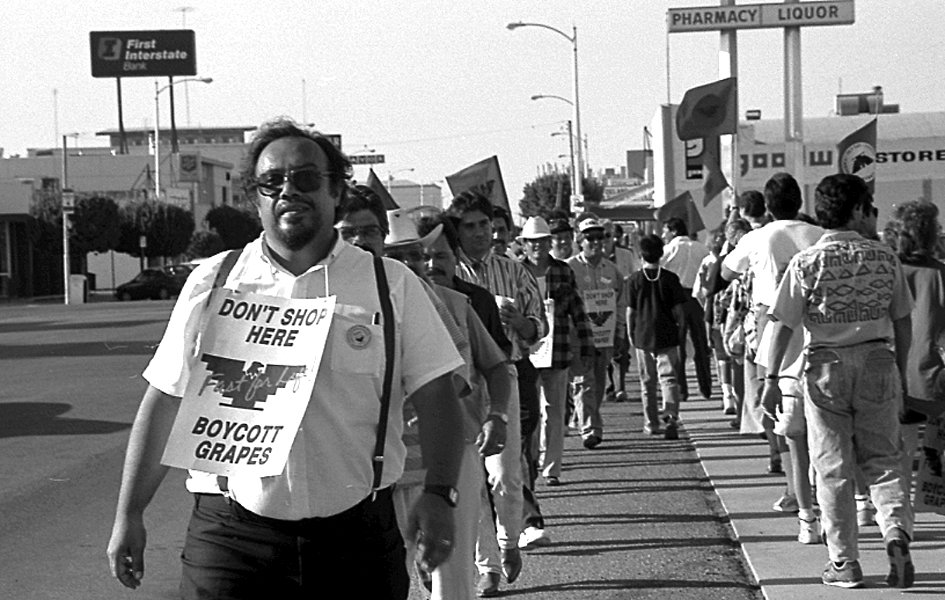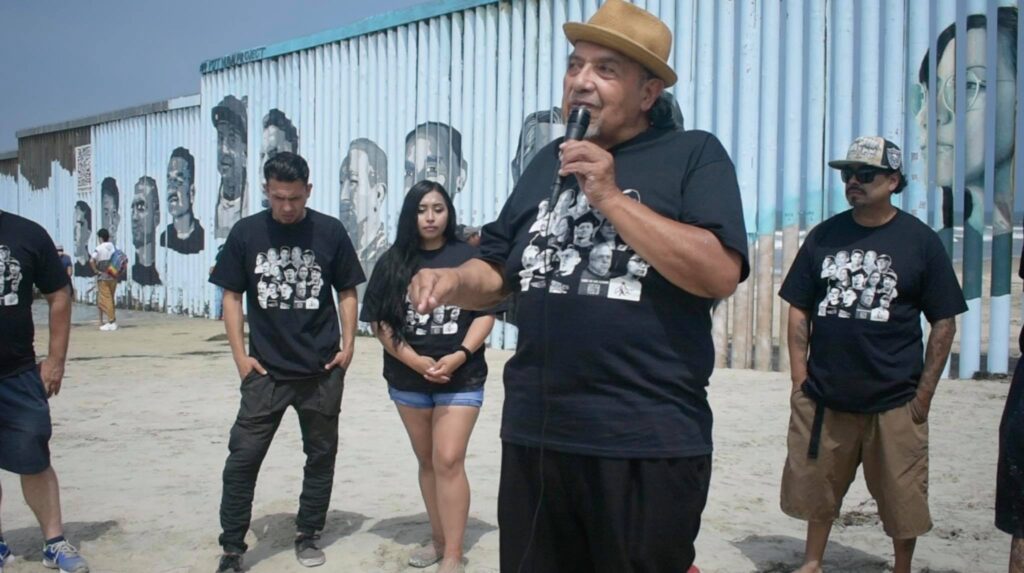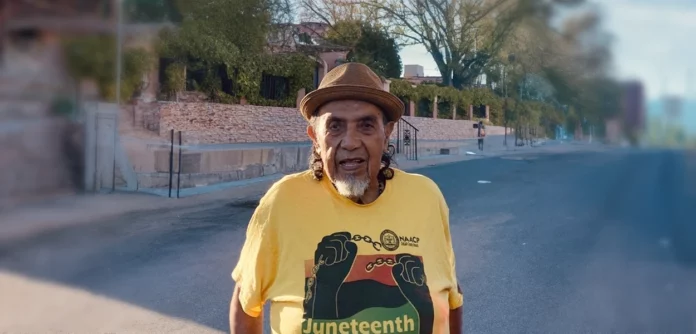The last high school reunion I attended was over 10 years ago. While there were a few interesting issues and developments at these reunions, it was still important to reconnect with folks with whom I shared many experiences over four years. It seems I developed later compared to others, but I probably had the most diverse public life compared to most of my classmates from my small high school in Eastern Colorado.
There was never a university reunion since my college years were a bit disjointed. However, this year has become a roller coaster of events with vibrant encounters at each gathering. There are five reunion events on my agenda this year, which are stretching my limited budget. Here are the five reunions, spread across different parts of this wonderful country.

Of course, I try to get some human rights work done whenever I’m in a particular area:
- Our family farms coalition:
In 2014, I volunteered for this historic and successful effort to ban Monsanto GMO seeds and chemicals through legislation. We defeated the chemical giants and the Farm Bureau with 66% of the vote in Jackson County, Oregon. They spent $4 million, and we spent only $400,000. Ours was a non-partisan effort with a strong educational and organizational component. This 10-year anniversary featured two days of celebration at farms in Jackson County. It was a wonderful experience working with farmers, farmworkers, and amazing community activists.
- Los seis:
Fifty years ago, two carloads of Chicanos protesting at the University of Colorado were blown up within a 48-hour period. Most believe this was an action directed by police authorities, taking the lives of six activists. It seems that some data and information have been hidden or destroyed by law enforcement agencies.
This commemoration took place on May 27 and included family members, activists, and many who were students at that time. It was a time for me to reconnect with old friends and honor these martyrs. I had returned to the university to finish my degree when the bombings occurred, and initial police reports about the car explosions listed me as one of the victims. There is a wonderful scholarship committee that annually awards support to emerging activists in the name of the six martyrs.
- Family reunion in Portland, Oregon:
This wonderful event will take place with the Kirkpatrick side of our family on the last weekend in June. Our extensive family is divided into about 5-6 tribes or clans, making it impossible to get everyone in the same place at the same time. At this clan’s event, I will be the EMCEE for our historic talent show; most participants don’t have any real talent, but it’s delightful that they are willing to perform. There will be lots of good food, drinks, and storytelling.
In my immediate family, there were nine sisters and two brothers, a full dozen of our parents’ kids. Five of my sisters have already left us. Maria Boswell, known as «The General,» is the most senior and honored member of our clan. She turned 88 on June 11, and we will celebrate her there.
While in the area, along with long-time friend Yuko Kodama in Seattle, I will record 16 women’s voices reading the poem «NO I AM DOLORES,» a poem honoring Dolores Huerta. I will also make trips to Grants Pass and Hood River, Oregon, to meet with long-time activists.
- UFW (United Farm Workers Union) in Denver, Colorado:
In 1968, Cesar Chavez arrived in Denver with a busload of grape farmworkers to begin the boycott of table grapes. It was winter, and the bus, which was dropping off farmworkers across the country, had no heat. Most of these workers had never been out of California’s San Joaquin Valley and had limited English proficiency. The two workers dropped off in Denver were Alfredo and Juanita Herrera, along with their children.
Later, they were replaced by volunteers from across the country who helped keep the boycott current. Then, in 1970, a lettuce strike began in Center, Colorado, called «Dicho y Hecho» (Said and Done), which later became part of the UFW organization. This strike was led by Orlinda DeVargas and three other wonderful women. I went to meet them as a consultant and soon found myself leading this strike.
This reunion will bring together farmworkers, boycotters, and key supporters to share their histories and honor all those who made the union and boycott successful. This event will be held at Su Teatro in Denver on August 17.
- The sound of Mexico:
This is another family reunion for one of our clans. We have members of both our parents’ families living in Juarez (on the border with El Paso) who do not yet know each other. So, I get the honor of making these important connections. This event is to honor my cousin Chava Avila, a wonderful musical artist who has recorded many albums and performed in Europe and Las Vegas. In recent years, Alzheimer’s has begun to erode his wonderful memories and music as he has reached 90 years of age.
We will be in Juarez for three days of cultural love and the most amazing Mexican dishes.
Chava’s children and grandchildren will join Chava in singing all those cherished songs of Mexico. Although I am tone-deaf, I may join in on some chorus lines and belt out a «GRITO» (a traditional Mexican cheer) or two.

Reunions help us capture our history
There are many other gatherings, such as weddings, funerals, baptisms, quinceañeras, demonstrations, birthdays and various religious holidays. At each of these events, we must capture the stories and people who have been part of our journey on this earth. With this documentation, we can write books or simply have it available for future generations to learn from these records.
We must capture the history and love of those around us and all the activities that have helped develop us and our dreams.







